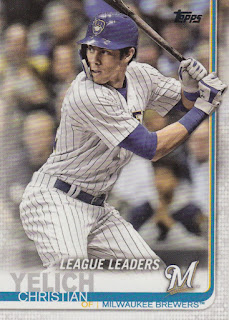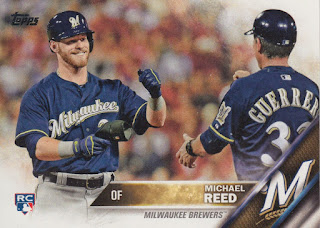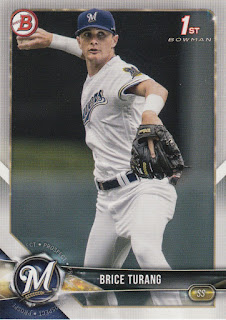On September 4, 1970, two dead-end teams were playing out the string in front of a disinterested collection of less than 12,000 people in an almost entirely pointless one-game series on the Friday before Labor Day in Milwaukee. The...
On September 4, 1970, two dead-end teams were playing out the string in front of a disinterested collection of less than 12,000 people in an almost entirely pointless one-game series on the Friday before Labor Day in Milwaukee. The 49-90 Chicago White Sox limped into Milwaukee in the middle of what would become the Sox's longest losing streak of the season -- 8 games. For their part, the Brewers were not any great shakes either, as the second year team was carrying a 52-85 record.Brewer #43, outfielder Floyd Wicker, joined the festivities as a pinch hitter for Bernie Smith in the bottom of the eighth inning; Wicker promptly tapped out to the pitcher for the final out of the inning, stranding Tommy Harper at second and then replaced Smith in RF. Yet, Wicker would eventually be the hero of the game. The slog between the two worst teams in the American League went into extra innings tied at 2, and Wicker broke the tie with a single in the bottom of the 10th to drive in Harper for the walk-off victory.
 |
| 1971 Dell Today's Team Stamps. Wicker's airbrushed Expos hat is in the Brewers' book. |
The major league rules being what they were at the time, his ability drew attention from scouts and he signed after just one year of college with the St. Louis Cardinals. Wicker did an interview in 2012 on a blog called The Baseball Historian where he stated that he had had the chance to sign as a professional right out of high school, but he chose a year of college near home instead.
He played in the Cardinals system in Classes C and D at the ages of 17 and 18 for his first two years in the minors, and he then moved up to A ball in 1963. At that point, his career was interrupted by two years of military service. He still played three to five games a week in the service, but it is hard to say that he faced the same level of competition there as he would have in the majors.
 |
| 1971 Topps/O-Pee-Chee |
Apparently, that was not enough for the Cardinals to make sure that Wicker was on their 40-man roster, however, and the Montreal Expos swiped him from the Cardinals in the Rule 5 draft after the 1968 season. The Expos gave him 41 plate appearances -- all but one against right-handed pitching for the lefty-hitting Wicker -- and he struggled mightily with an anemic slash line of .103/.146/.103. In fairness, it's tough enough to hit in the major leagues, but it's even tougher when you only get 24 plate appearances between May 16 and September. On the other hand, you don't help yourself when you fail to get a hit in any of those 24 plate appearances.
That Rule 5 season turned into a lost year for Wicker -- one he never got back developmentally. As soon as the season ended, Wicker was named as the player-to-be-named later in a trade in which the Expos received Marv Staehle from the Seattle Pilots.
Wicker spent most of 1970 in Portland and had an excellent year in AAA -- .329/.441/.521 with 14 HR and 78 BB in 471 plate appearances. He also featured in a Ray Peters story, in that Ray used Floyd's bat to hit the one and only professional home run that Ray ever hit -- a grand slam for the Beavers the week before Ray got married.
Thus, Wicker got a call up to the Brewers in September. Wicker then played in 11 games in 1971 starting April 30 and ending May 30 for Milwaukee. Again, he struggled for playing time -- getting only 10 plate appearances and never getting a start for the Brewers. He was then traded on June 1, 1971 to the San Francisco Giants in exchange for utility infielder Bob Heise.
 |
| 1994 Miller 25th Anniversary commemorative set |
Wicker still shows up in newspapers in the area of North Carolina where he lives. The 2012 article above was done in conjunction with his receipt of the Distinguished Service in Sports Award that he received from the Alamance County Sports Development Counsel. The article notes his heavy involvement with the North Carolina Baseball Museum and his role in getting two teams from the 1910s from his old high school recognized there as champions. Many of the articles with him involved are for golf tournaments for fundraising for that Museum.
Floyd Wicker has 4 total cards as a Milwaukee Brewer as shown above. I actually own all of them.












